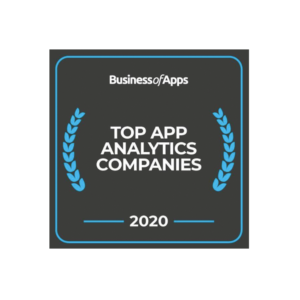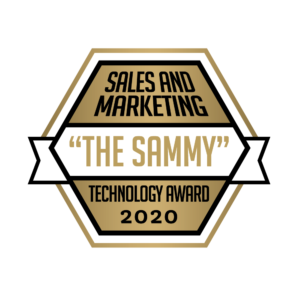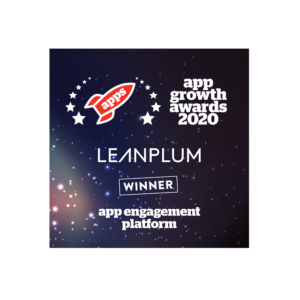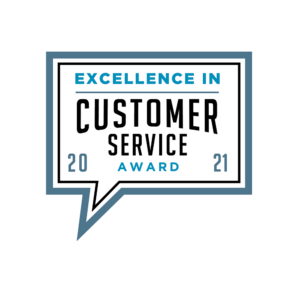Mobile CRM
Interested in Leanplum?
What Is A Mobile CRM?
A mobile CRM platform works similarly to a web CRM platform: it collects usage data, builds rich profiles for each user, and helps marketers and salespeople visualize each user’s location in the funnel. The main difference is that mobile CRM platforms track usage data from an app, while traditional CRM platforms track website usage.
Mobile CRM platforms benefit businesses in a wide range of different industries, and can be used to help teams manage their data and learn from the insights they already have at their fingertips.
By compiling data in one place, CRM platforms make it easy for marketing teams to gain a better understanding of their customers, and develop campaigns that are designed to appeal to their specific target audiences.
How Do Mobile CRMs work?
Knowing how to use your mobile CRM to its full potential is an integral part of a successful mobile marketing automation strategy. Once you have collected relevant data, you can use it to automate messages for your mobile users.
The process starts by collecting your user data. Some marketers prefer to use third-party platforms, though if you are new to this process, it is recommended to use a mobile CRM provider that collects its own data in order to avoid performance issues. This also enables an exchange of data across other platform features, like event tracking or segmentation.
The next step is personalization. Once you have acquired all your core customer information in the analytics dashboard, including behavioral traits like time spent in the app, purchase journeys, or time since the last login, you can then set up notifications to target each user individually. For example, if a user is halfway through making a purchase and does not complete it, an automated notification can display a message similar to “Hello [Name], don’t forget to place your order on [product] that you left in your cart.”
Mobile CRM data can take this even further however — it can also determine when a user is most likely to respond to a notification based upon previous behaviors. With this data, notifications can be automated to appear when users are most likely to convert. These notifications can be integrated with a variety of different messaging channels, from push notifications to email, but it is the core customer data that is key to conversions and customer retention.
This can have a dramatic effect on the success of a wide range of different digital marketing campaigns. Not only does it help marketers to channel their limited budgets to communications that are most likely to convert, it also helps to maximise the effectiveness of these conversions by nurturing relationships with customers and building engagement over time.
Mobile app notifications can be integrated with a variety of different messaging channels, from push notifications to email, but it is the core customer data that is key to conversions and customer retention. A mobile CRM is therefore an essential tool for businesses looking to get the most out of the hugely profitable opportunities that advanced, data-led mobile app marketing campaigns can provide.
What Do Mobile CRMs Mean For Marketers?
Marketers will see huge increases in ROI thanks to better processing of customer data, and that’s all down to the unique capabilities of mobile app CRM systems.
The benefits of mobile app CRM platforms for marketers begin as soon as the app is downloaded. When a user chooses to download the app, their data will start feeding into the CRM.
The CRM system will track user behavior and create customer profiles based on key metrics such as downloads and purchases, which equip marketers with the knowledge they need to send out the most engaging personalized and automated messages.
Once notifications have been sent, marketers can then start to monitor trends on a dedicated analytics dashboard. This user-friendly dashboard is vital in helping marketers get the most out of their mobile app campaigns. It displays all the metrics marketers need to know about, and can be used to inform all kinds of mobile app related decisions, from tweaks to ongoing campaigns to more general digital marketing strategy planning.
A fully integrated mobile CRM platform allows marketers to have all their tools in one place, from event tracking to customized messaging. This allows for deeper personalization, higher conversion rates and greater customer retention, helping to deliver better optimized mobile campaigns.
For more information on mobile marketing automation, read Leanplum’s 6-Minute Guide to Mobile Marketing Automation.






